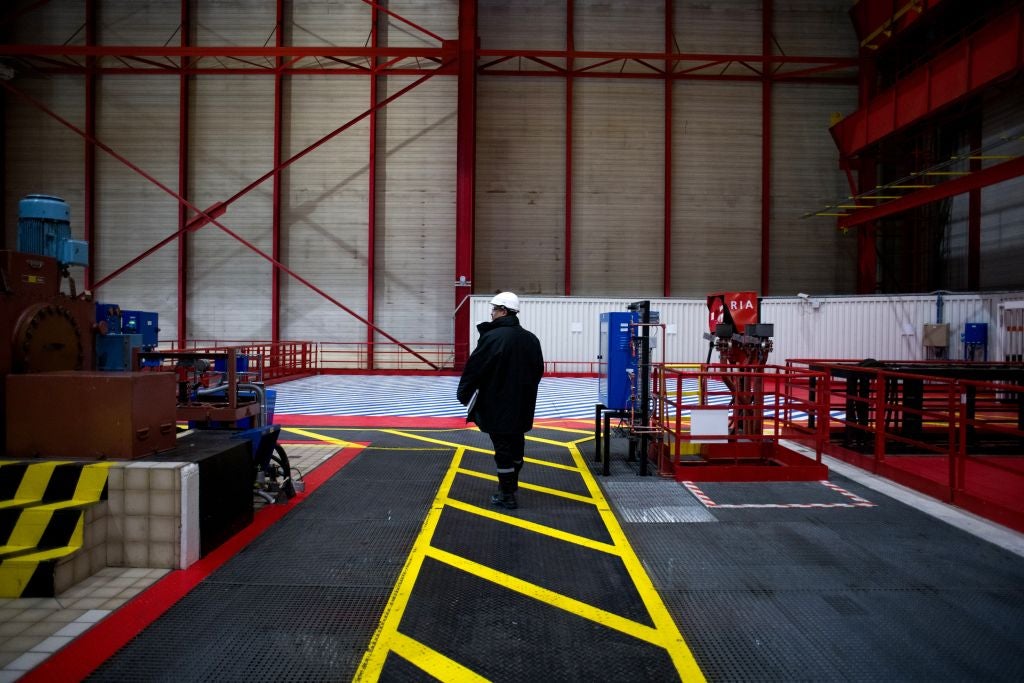
The European Commission has proposed a new set of rules as to what can be called ‘green hydrogen’, relaunching old debates about the green status of hydrogen.
Last week the European Commission sent two acts to the European parliament and commission for scrutiny before voting on their adoption. The acts set out new rules for what can be classified as renewable hydrogen.
According to these rules, renewable hydrogen could be generated by drawing power from electricity grids which derive most of their power from nuclear generation, as long as the producer invests in a long-term contract equivalent to its consumption.
The EU has set a target of 10 million tonnes of domestic renewable hydrogen production and 10 million tonnes of hydrogen imports by 2030. This forms part of its REpowerEU policy, a strategy designed to reduce the bloc’s reliance on Russian oil and gas, particularly following the invasion of Ukraine one year ago.
The rules would also apply to countries beyond the bloc which wish to export renewable hydrogen into EU nations.
Currently electrolysis to produce hydrogen consumes little grid electricity, but as the EU encourages the mass-scale roll-out of hydrogen generators, the electricity requirements will likely grow dramatically.

US Tariffs are shifting - will you react or anticipate?
Don’t let policy changes catch you off guard. Stay proactive with real-time data and expert analysis.
By GlobalDataThis news is particularly significant for the French energy industry, as the nation derives 70% of its energy from nuclear power.
The acts have been described as “a victory” for France among a number of efforts to include “low carbon” fuels alongside renewable fuels in EU documentation.
The nation’s EDF Energy experienced a difficult year in 2022 as many nuclear generators experienced operational problems. The company, however, remains confident that operations will improve and France continues to be a nuclear stronghold.
Hydrogen produced from nuclear power is often referred to as “pink” hydrogen among a growing suite of colourful nicknames, vs “green hydrogen” which uses electricity generated from renewables. French officials claim that pink hydrogen should not be differentiated from green.
The rules have been met with frustration from Germany as the two EU giants continue to disagree on the use of nuclear power.
A spokesperson for Germany’s Ministry for Economic Affairs and Climate Action outlined their “clear position” to The Financial Times: “Nuclear power is not renewable energy and hydrogen made from nuclear energy is not green hydrogen.”



